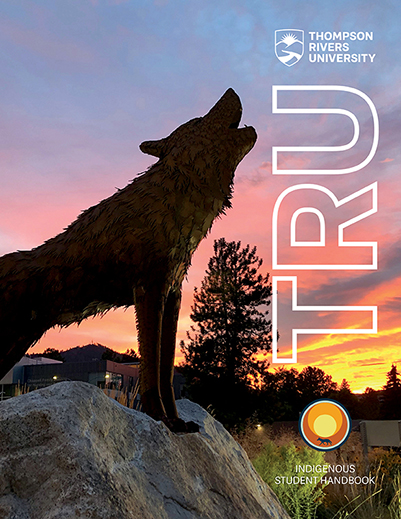Indigenous TRU
Thompson Rivers University campuses are on the ancestral lands of the Tk'emlúps te Secwépemc (Kamloops campus) and the T’exelc (Williams Lake campus) within Secwepemcúl̓ecw, the traditional and unceded territory of the Secwépemc. The region TRU serves also extends into the territories of the St’át’imc, Nlaka’pamux, Nuxalk, Tŝilhqot'in, Dakelh, and Syilx peoples.
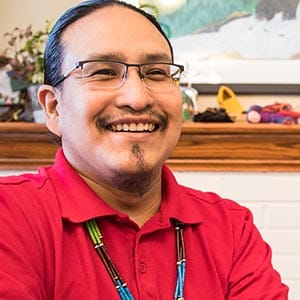
Recording by Vernie Clement, Lhoosk’uz Dene, Dakelh
-
Future Students
We offer a wide spectrum of choices for students. You can choose anything from a six-month certificate program to a four-year degree and anything in between, including one of our many trades and apprenticeship programs.
- Learn about Cplul’kw’ten
- Meet some of our students
- Talk to a recruiter
- Take a tour
- See our services for students
-
Current Students
Cplul’kw’ten is a friendly and inviting Indigenous centre that provides information on all aspects of university life and doubles as space to socialize, study or just take a break from your day. It is truly a home away from home.
- Elder in the House
- Mentoring Program
- Team of support staff
- Learning circles
- Counselling
Indigenous Student Handbook
Feel at home here
You are not alone in your journey at TRU. Located in south-central BC and surrounded by numerous First Nations, our university continues to build its network of supports and services.
While many of our students come from the region and are Secwépemc, Dakelh, Tŝilhqot’in, St’át’imc, Okanagan, Nuxalk, Nlaka’pamux, as well as students of Métis and Inuit ancestry, we welcome Indigenous students from across the country and around the globe.
We are right here for you.
Indigenization at TRU
Good work takes time, and at TRU, indigenizing initiatives are wide-ranging and ongoing. Here are some examples:
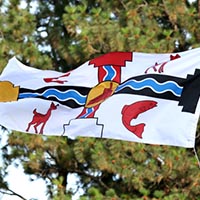
A partnership with Tk’emlúps te Secwépemc
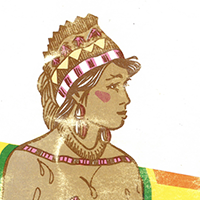
Material from the Secwépemc Cultural Education Society
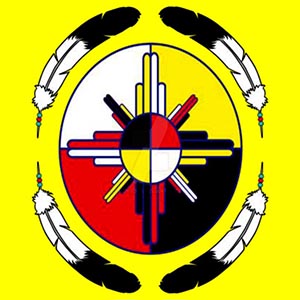
Indigenous Awareness Week activities
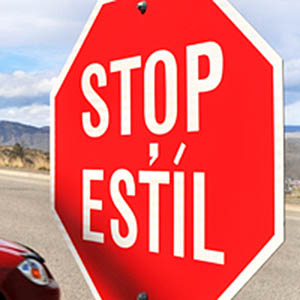
Estil, Secwepemctsín for ‘stop’, is stopping traffic
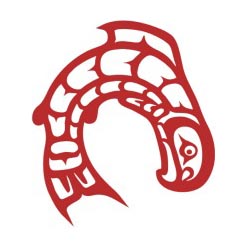
Ch’nook Scholars program for business students
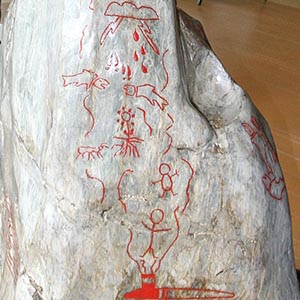
A First Nations territorial marker

A partnership with Tk’emlúps te Secwépemc

Material from the Secwépemc Cultural Education Society

Indigenous Awareness Week activities

Estil, Secwepemctsin for ‘stop’, is stopping traffic

Ch’nook Scholars program for business students
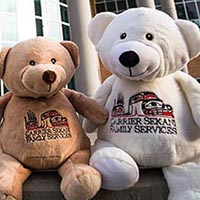
School of Nursing Bearing Witness program

2025 Secwépemc calendar
Download the Secwépemc calendar and learn about Indigenous language and culture.
A paper version can be ordered from Print Services.

Coyote Project
The Coyote Project is TRU’s roadmap to achieving the Truth and Reconciliation Commission’s calls to action. It has united all of TRU in creating a campus that is welcoming and supportive to all, especially Indigenous students and staff. Faculties and departments are addressing barriers to recruitment, retention and completion for Indigenous students.
Beyond the classroom
We embrace inclusiveness and celebrate Indigenous cultures with events, clubs and many other ways for you to get involved with your campus community.
Stories
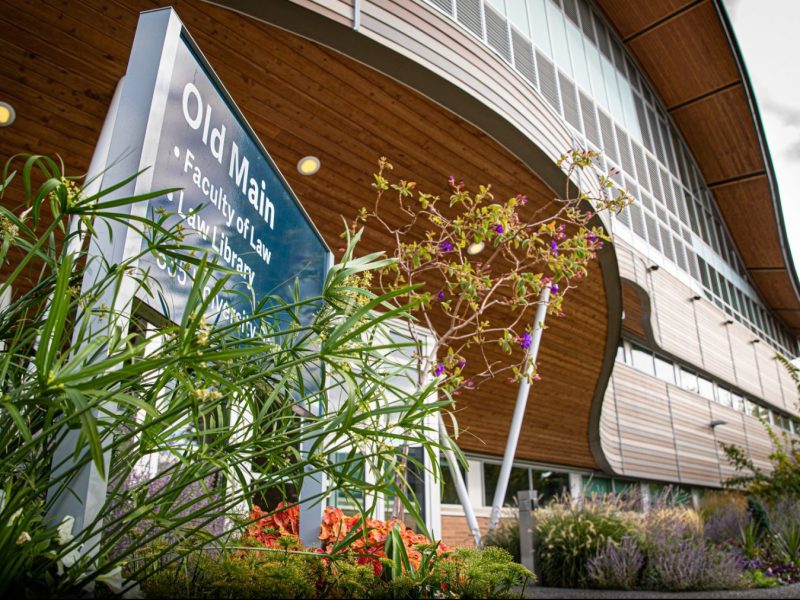
George Abbott inspires TRU Law students to lead with reconciliation
TRU Law students hear from B.C. Treaty Commissioner George Abbott on reconciliation, treaties and Canada's colonial legacy.
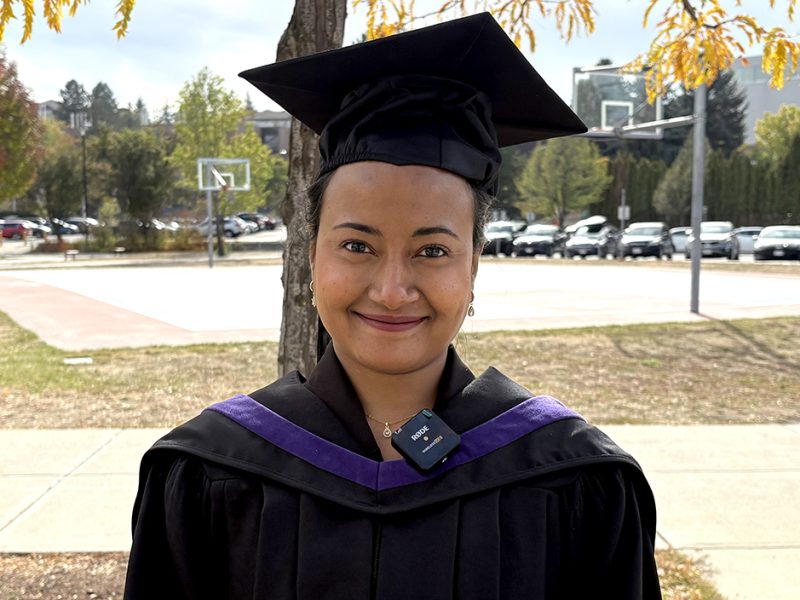
TRU Fall 2025 Convocation: celebrating a season of achievement and belonging
TRU’s Fall 2025 grads celebrated courage, community and purpose as they were called to “strive forward” into their next chapter.
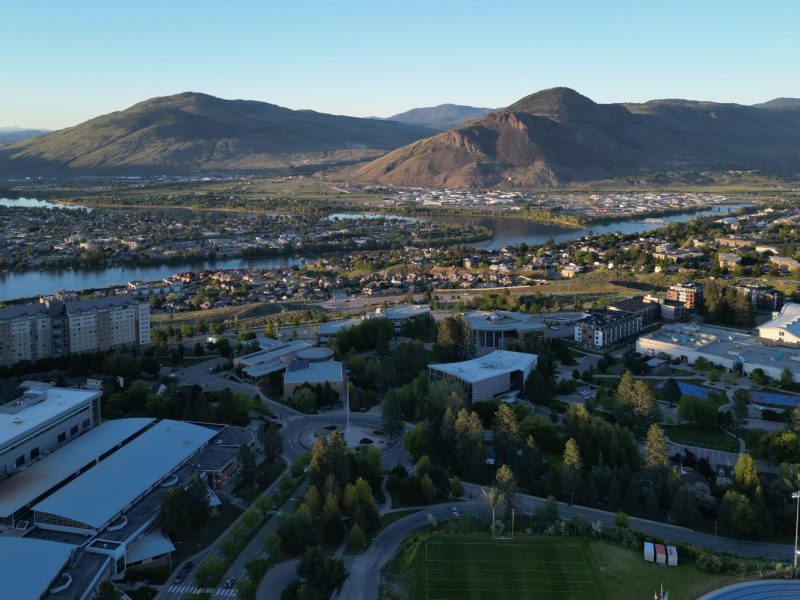
TRU secures $200,000 to support Indigenous students in work-integrated learning
Funding from CEWIL will enable TRU Indigenous students completing unpaid practicums to focus on learning, not finances.

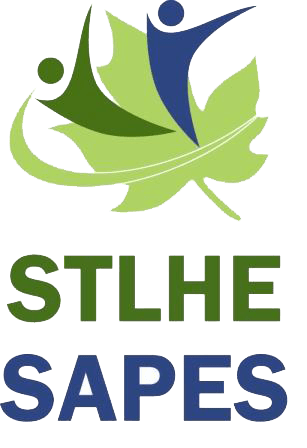
More than 40 TRU Elders, deans, faculty and staff are the proud recipients of the Alan Blizzard Award from the Society for Teaching and Learning in Higher Education. This national award recognizes excellence in their collaborative teaching through the Knowledge Makers, which mentors Indigenous students to success as Indigenous researchers.
Thompson Rivers University is dedicated to Indigenous student success, to fostering meaningful relationships with Indigenous communities and to promoting Indigenous knowledge and scholarship. Through collaboration, innovation, respect and humility, the university fosters a welcoming environment that is grounded in the principles of reconciliation and is able to address the calls to action placed on everyone in this country.

Traditional Secwépemc (Shuswap) Territory
Kamloops and Williams Lake campuses are both situated on the traditional and unceded Secwépemc (Shuswap) territory.
We acknowledge and give honour to the Secwépemc — the ancestral peoples who have lived here for thousands of years — upon whose traditional and unceded land Thompson Rivers University is located. The Secwépemc maintain a spiritual and practical relationship to the land, water, air, animals, plants and all things needed for life on Mother Earth. It is with that in mind that we owe this debt of gratitude.
There are approximately 7,000 Secwépemc people in the territory, which spans 180,000 square kilometres through the interior plateau of south central British Columbia. The mountain ranges, grasslands and river valleys surrounding the Fraser, and North and South Thompson rivers create the boundaries of the territory.
TRU has one of the largest Indigenous student populations among BC post-secondary institutions, with well over 2,000 students (about 10 percent), representing 16 First Nation and Indigenous peoples enrolled in new, continuing, open learning and trades programs.
In addition to Secwépemc students, Indigenous students at TRU come from several BC nations, including the Carrier, Okanagan, Nuxalk, and Nlaka'pamux, as well as students of Métis and Inuit ancestry.
